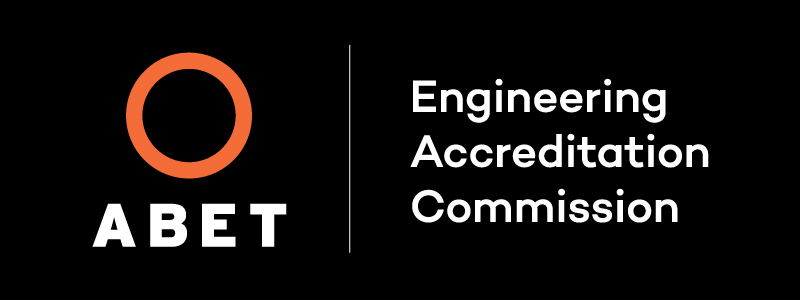ECE 3604 - Introduction to RF & Microwave Engineering (3C)
Course Description
Introduction to circuits, devices, and systems for radio frequency (RF) and microwave applications. Fundamentals of antennas, propagation, small signal and power amplifiers, frequency conversion, and frequency synthesis. Tools and concepts including s-parameters, design impedance matching, dynamic range, noise figure, and link budget.
Why take this course?
This course introduces students to the broad area of RF & microwave engineering. Students learn the basic concepts and skills typically expected of a well-qualified entry-level engineer in the RF & microwave field. This set of skills and concepts is not now addressed in any other single course in the electrical engineering curriculum. Another purpose of this course is to inform selection of senior-year technical electives. In some cases this course may be a prerequisite for those courses.
Learning Objectives



